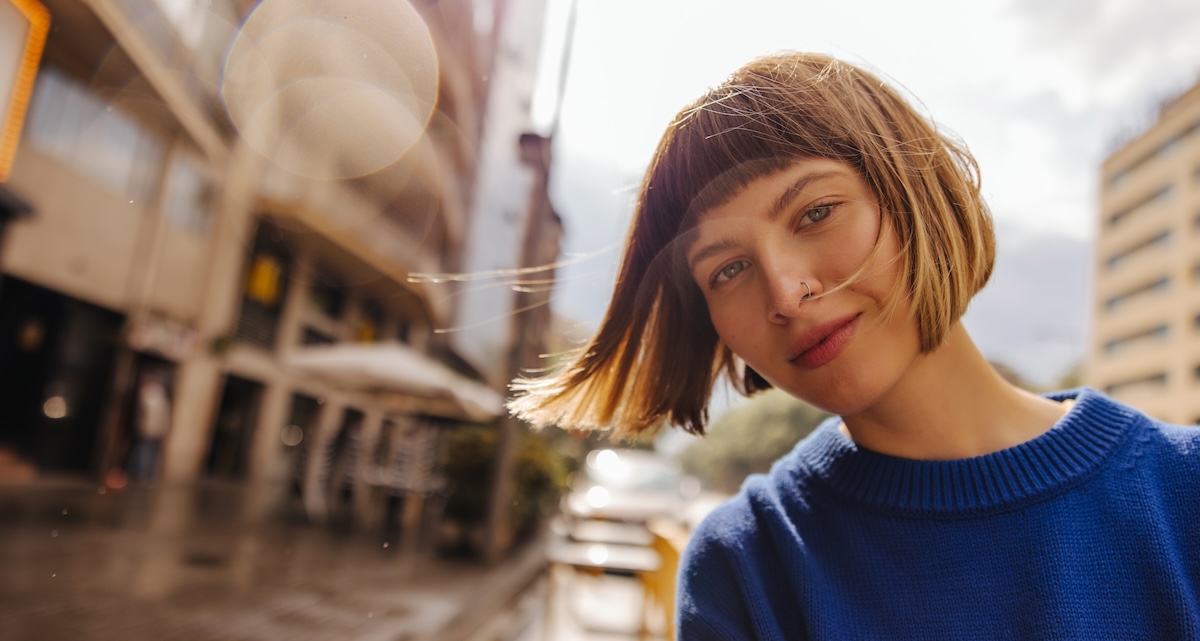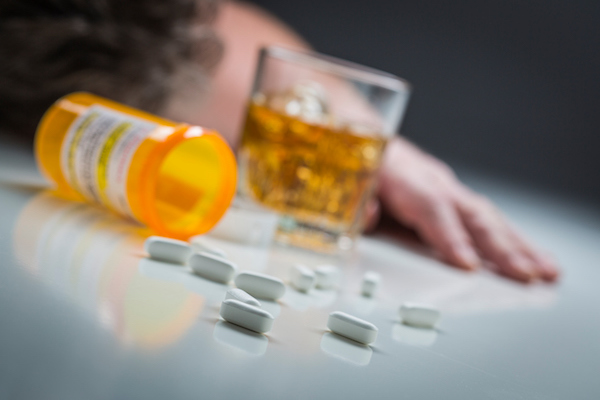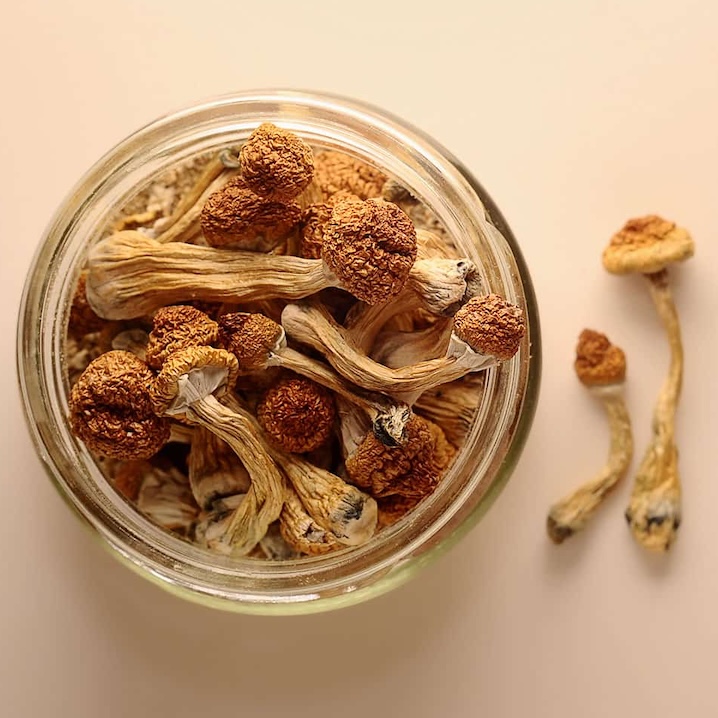“It was one of those mornings,” I thought as I stared at the ceiling, feeling the familiar weight of sadness settle into my chest. If you’ve ever battled depression, you might know what I’m talking about—that gray fog that creeps in and drains the color from life. On this particular morning, I found myself desperate for a change. Therapy had helped, medication had helped, but something was still missing.
That’s when I stumbled upon the concept of microdosing. I was skeptical at first—who wouldn’t be? The idea of taking a minuscule amount of a psychedelic substance to improve my mood sounded more like a bizarre experiment than a legitimate treatment. But then, I read personal stories of people who had tried it and experienced significant shifts in their mental health. Their words struck a chord with me. Maybe, just maybe, this could work.
So, I decided to give it a try. With cautious optimism, I began microdosing psilocybin—essentially the active ingredient in magic mushrooms—in tiny amounts, once every few days. I wasn’t chasing a high. Instead, I was hoping for clarity, for a little more light to seep into the dark spaces.
A few weeks in, I noticed subtle changes. The fog lifted a little sooner each morning. I began to feel more connected to the world around me, more present. I wasn’t “cured”—but the heaviness didn’t feel as overwhelming. My mind, once clouded by sadness, felt sharper, more resilient. I was engaging with life again.

What exactly is microdosing?
You might wonder: How can a psychedelic—something often associated with wild, mind-bending trips—possibly help with depression?
Let’s dive into the science.
Research into psychedelics and mental health has been gaining serious momentum. A study published in the Journal of Psychopharmacology (2018) found that psilocybin, when administered in controlled settings, helped to alleviate symptoms of depression and anxiety, particularly in individuals with treatment-resistant depression . The theory is that psychedelics affect serotonin receptors in the brain, much like traditional antidepressants, but they do so in a way that seems to “reset” neural pathways, offering the brain a new way of processing emotions.
More specifically, microdosing works differently than a traditional therapeutic dose. The goal isn’t to completely alter consciousness but to give the brain a small nudge towards improved functioning. A study conducted by the Beckley Foundation (2019) observed that individuals who microdosed psilocybin reported less depression and stress .
Dr. James Fadiman, a psychologist and researcher who is often referred to as the “father of microdosing,” suggests that tiny amounts of these substances can act as a stimulant for the brain, helping to alleviate depressive symptoms while keeping the user grounded in reality.
Benefits and risks: a balanced view
Microdosing for depression sounds promising, but it’s essential to understand both the potential benefits and the risks.
Potential benefits:
- Mood enhancement: Many users report feeling a mild uplift in mood, less anxiety, and an increased sense of well-being.
- Increased creativity and focus: Some people find they’re more creative and productive, which can be particularly beneficial for those whose depression manifests as a lack of motivation or creative block.
- Emotional resilience: As I experienced, microdosing may help individuals feel more connected to their emotions, but in a way that feels manageable and less overwhelming.
Potential risks:
- Lack of long-term research: While the anecdotal evidence is compelling and preliminary research is promising, there’s still a lack of long-term studies on the effects of microdosing.
- Legality: In many places, substances like psilocybin and LSD remain illegal, which can pose legal and safety risks for those who choose to experiment with them.
Individual variation: Not everyone will respond the same way. Some people may experience heightened anxiety or discomfort, especially if they are prone to certain mental health conditions like psychosis.

Reflecting on your own journey
As you read this, I invite you to pause for a moment. Have you ever felt like you were missing something in your mental health journey? Maybe you’ve tried various treatments, yet you still feel like something is lacking. Would you consider exploring alternative paths, like microdosing, if it could potentially lift the weight of depression, even just a little?
Before diving into any new treatment, it’s crucial to ask yourself: What do I hope to gain? What risks am I willing to take? And, most importantly, have you consulted with a healthcare professional who can guide you safely through your options?
Actionable tips for exploring microdosing responsibly
If you’re considering microdosing as a tool to manage depression, here are a few tips to keep in mind:
- Do your research: Read credible sources and studies. Websites like the Multidisciplinary Association for Psychedelic Studies (MAPS) and the Beckley Foundation provide comprehensive resources on psychedelics and mental health.
- Start small and track progress: If you decide to try microdosing, start with very small amounts (e.g., 1/10th of a regular dose) and keep a journal to track your experiences, emotions, and any changes in your mood or mental clarity.
Consult a professional: Always consult a therapist or medical professional before experimenting with microdosing, particularly if you have a history of mental health conditions.
The takeaway: balancing hope with caution
Microdosing for depression is a fascinating, emerging field that offers hope for those who feel like they’ve exhausted conventional treatments. While my experience with microdosing has been positive, it’s essential to recognize that it’s not a miracle cure—and it may not be the right fit for everyone.
Depression is complex, and no single solution works for every person. But if traditional approaches haven’t worked for you, perhaps it’s worth considering alternative methods—cautiously, responsibly, and with the right support.
What about you? Have you ever tried microdosing or considered it as a way to manage mental health? I’d love to hear your thoughts or experiences in the comments below.




